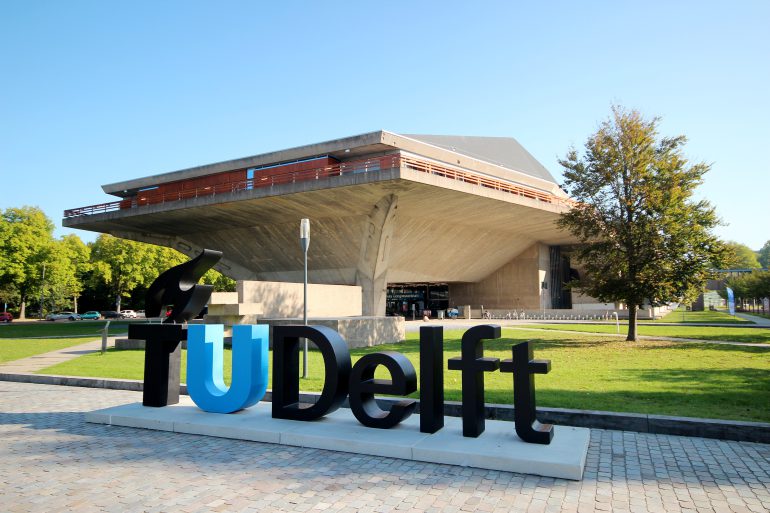In the late sixteenth century, when the first universities were founded in the new Dutch Republic, talented students and scholars across Europe came to the new country where science was for the first time free of theological discourse. The French philosopher René Descartes (1596-1650) fled France and studied and taught at the University of Leiden, where he wrote his famous words “I think, therefore I am”. His works changed the way scientists approached the study of the human body and medicine. Consequently, the University of Leiden made great advancements in modern medicine which we still profit from today. In the following centuries, Dutch universities continued to welcome foreign students.
Spies
However, in recent years Dutch universities, especially those specialized in applied sciences such as Delft and Eindhoven Universities of Technology, are becoming more hesitant to accepting foreign students. Many academic institutions fear that foreign students might be acting as spies and sharing new discoveries with their home governments. Dutch academic institutions – including universities of applied sciences and other scientific institutes – are now becoming more vigilant to ensure that foreign powers such as China, Russia or Iran do not gain influence on education and research or put pressure on students from their own country. They also want to ensure that no human rights are violated through international collaborations.
One of the countries that may be a danger is China. In May 2023, the TU Delft stated it accepted fewer Chinese students that were sponsored by the Chinese government, especially for research that included technologies that could be used for harmful social and military purposes. Chinese PhD candidates who received a grant from their government posed specific concerns for university officials, as they might easily pass on confidential information to their government. In fact, PhD students who are awarded a China Scholarship Council (CSC) grant are required to sign a form in which they agree to report to the Chinese embassy in their country. In addition, they must swear allegiance to the Communist Party and return to China for at least two years after their studies abroad.
In 2022, the Dutch National Coordinator for Counterterrorism and Security (NCTV) issued a warning about foreign governments that were using students to gain access to valuable information. This happens not just through student spies, but also by digital attacks. China was particularly guilty of these practices, ‘targeting Dutch companies, academic institutions and scientists on a wide scale with various (digital) attack campaigns to gain high-quality technology’.
US universities also targeted
US universities have also been facing the same problem. In March 2025, the chairman of the US House Select Committee on China requested several top American universities to provide information on their practices and policies of enrolling Chinese students in their advanced science, technology, engineering and mathematics programs. As many major American universities continue to enroll Chinese students, the House Select Committee fears US universities are being targeted for espionage and intellectual property theft.
Screening
Given the high numbers of foreign students in the Netherlands, each year more than 10,000 foreign researchers and master students who are exposed to sensitive technology may have to be screened – a serious burden for universities. Three years ago, the Netherlands attempted to solve this problem, while not discriminating against all students of specific nationalities. A helpline for National Knowledge Security was set up to advise Dutch universities on screening foreign students who applying to universities in the Netherlands, especially those in the technical fields, which might pose as a security risk. Since it was founded 2022, the helpline has been consulted more than 500 times. In the past year, TU Delft has turned down more than 15% of applicants, arguing that they posed security risks. According to Peter Weijland, head of the National Knowledge Security helpline, Dutch universities do want to attract national and international talent, but they are required to be more vigilant when considering applications. Universities need to be open, when possible, but closed when required. In the end, it is better to be safe than sorry.
Written by Benjamin B. Roberts
